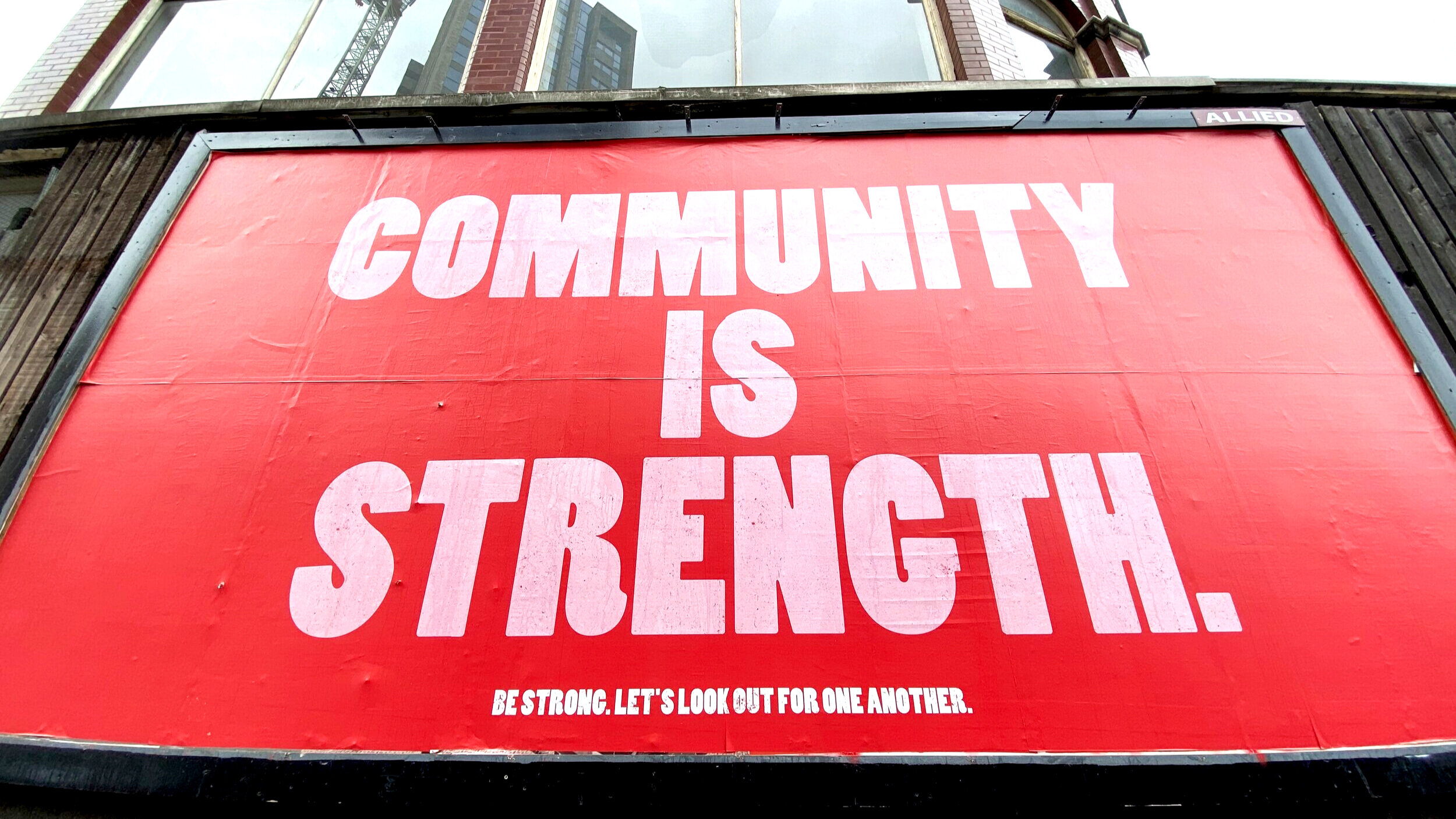Our Founding Story
Our community is long on space, land, and opportunity. As offspring of Eastern Shore upbringing, the project visionaries can attest that what the area is shortest on are programs and activities for the youth to grow and develop. For decades rural Eastern Shore of Virginia communities have been absent an environment that encourages youth to grow beyond their circumstance, a place for adults to come together for social programs, and an opportunity for creatives to create, display, and market their talents.
The Davis Center seeks to fill these gaps by providing multi-purpose spaces where the community can safely and creatively enjoy programming and services intended to benefit the health and well-being of the community at large. This project will address limited availability of recreational outlets faced by youth and adults in the Accomack County region of the Eastern Shore of Virginia. The Davis Center will serve as a community collective, entrepreneurial hub, creative workspace, youth enrichment resource, and technology center.

“Every great dream begins with a dreamer.”
— Harriet Tubman
The History of Whitesville
There was a time many generations ago that Whitesville served as a central location that African Americans relied on for services and entertainment. The community included a schoolhouse (historic Rosenthal School), a movie theater, a grocery store, a hotel, a restaurant, and a dance hall. During this time, business owners were respected families who served as de facto community leaders.
Over many years, the businesses began to close, families moved out of the area, and the community entered a period of degradation. The visionaries of the Davis Center are heirs of this community and seek to honor the legacy of Whitesville.

Guiding Principles
The enactment of the Equal Opportunity Act (EOA) in 1964 created the Community Action network. The original legislation supporting the Community Action network provides the basis for the family, community, and agency model of Community Action. These are the principles identified in the EOA that distinguish Community Action from other human services organizations. Our Community Actions are:
Provide the opportunity for an individual or family to become more self-sufficient and less dependent on subsidized support
Mobilize community resources to improve the lives of low-income people and the communities in which they live, and enables communities to be more responsive to the needs of low-income persons
Establish realistic, attainable objectives expressed in concrete terms which permit the measuring of results


